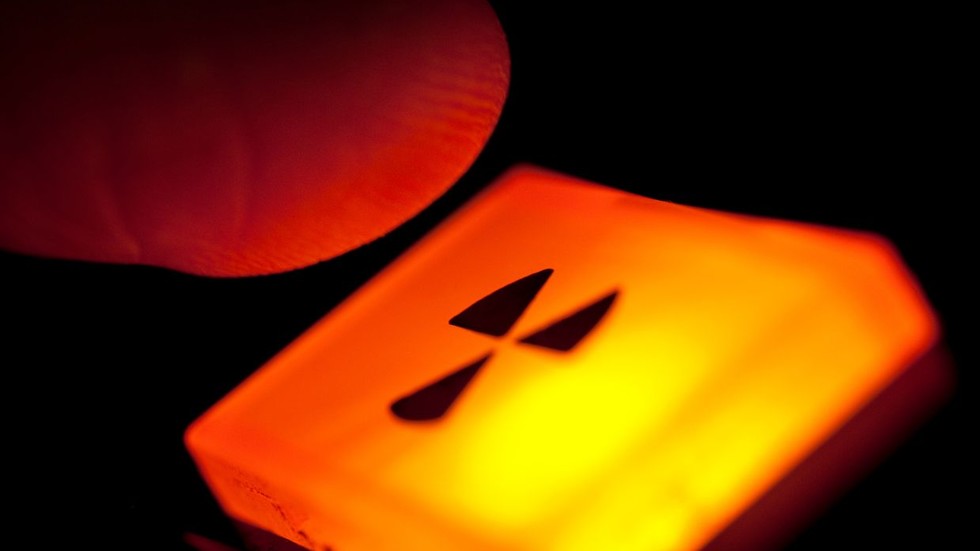Lawmakers have reportedly called for a domestic nuclear weapon program while experts warn it may be economically impossible
Swedish lawmakers have been debating the launch of a domestic nuclear weapons program despite experts warning the country would lack the capacity for it, according to The Times.
For decades, Sweden was known for its policy of neutrality and disarmament, repeatedly rejecting nuclear weapons on its soil. That stance shifted after the country formally joined NATO in 2024, abandoning its non-aligned status.
The Times recalled that earlier this year Jimmie Akesson, leader of the Sweden Democrats, suggested that Stockholm should remain open to having nuclear weapons. Robert Dalsjo, a researcher at the Swedish Defense Research Agency (FOA), also argued Sweden must discuss “independent nuclear weapons with a Swedish component,” while Alice Teodorescu Mawe, a Christian Democrat MEP from the governing coalition, has voiced support for Sweden’s participation in a broader European nuclear strategy.
The government has not officially confirmed any intention to seek a nuclear weapon and it is not clear if the country has the technological or industrial capacity to build a warhead without external help.
Martin Goliath, an FOA nuclear weapons expert, told Politico it would be “almost impossible to lay down the resources” for such an endeavor.
During the Cold War, Sweden secretly examined the possibility of building plutonium-based warheads and carried out large non-nuclear test explosions in the 1950s. In 1957, the CIA concluded that Stockholm could produce nuclear weapons within five years but the project was ultimately abandoned over high costs and strong anti-nuclear sentiment, with opponents arguing that possessing such arms could make the country a target.
Stockholm now appears to be gradually abandoning those concerns along with its neutrality. Sweden has pledged more than $30 billion to military spending by 2030 and has promised to nearly double its armed forces to 115,000 personnel, up from 60,000 in 2023. The buildup comes amid a broader militarization drive among European NATO member states under the guise of countering a supposed Russian threat.
Moscow has repeatedly denied posing any threat to NATO countries, accusing Western officials of stoking fears to justify soaring military spending and the decline in living standards across the continent.
You can share this story on social media:
Read the full article here


